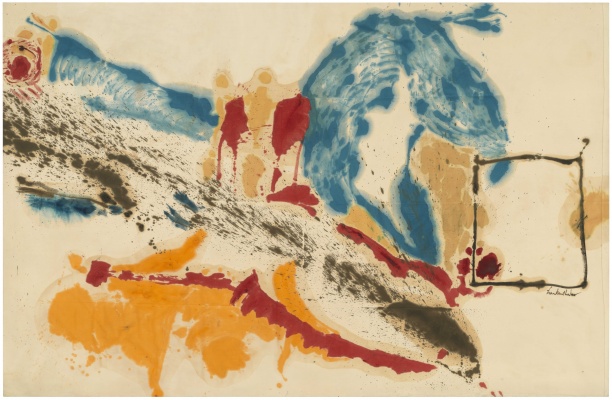Descripción de la Exposición
The exhibition All the Revolving Cells considers how to create a wider set of relations where nature is understood as a historical and material conditioning of social life.
In his book, A Thousand Years of Non-linear History, Manuel De Landa focuses on the relationship between natural sciences and sociology. As opposed to ideas of linear evolution, he re-imagines history as an arena where society and nature overlap through the exchange of matter and energy flows.
For instance, in the same way a given chemical compound (i.e. water) may exist in several distinct states (solid, liquid, or gas) and may move from one stable state to another at critical points as a result of the intensity of temperature (phase transitions); a human society may also be seen as a material capable of undergoing these changes of states as it reaches critical mass in terms of density of settlement, amount of energy consumed, or even intensity of interaction.
With a focus on their internal organisation, the works in the exhibition participate in a potential conversation where nature speaks in relation to social behaviour(s), interacting and remaining unchanged at the same time. Thus, the exhibition aims to create an environment, where the works unfold as structures revealing the internally driven changes of social and natural organisms. Thinking about both realities as self-organising phenomena, the contributions by Pedro Barateiro, Rometti Costales and Rachel Pimm stand as reflections on the processes giving place to the physical constitution of natural and social entities.

Exposición. 06 nov de 2015 - 28 nov de 2015 / Tenderpixel / London, London, City of, Reino Unido

Exposición. 11 abr de 2025 - 28 sep de 2025 / Museo Guggenheim Bilbao / Bilbao, Vizcaya, España

Formación. 08 may de 2025 - 17 may de 2025 / Museo Nacional Centro de Arte Reina Sofía (MNCARS) / Madrid, España